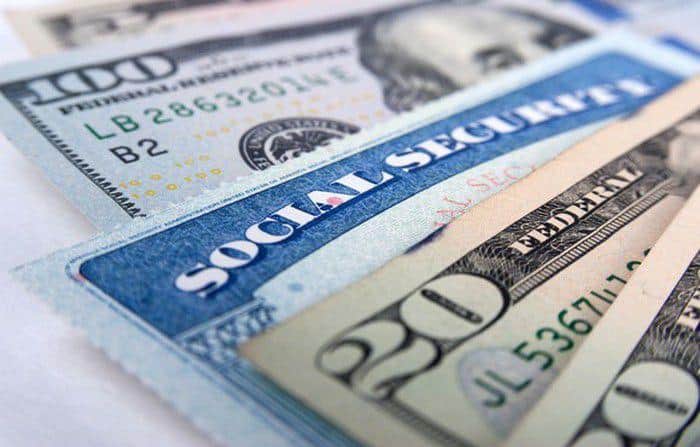
Stocks tumbled on Thursday after fresh data signaled that the labor market remains piping hot, heightening concerns that the Federal Reserve will raise interest rates for longer than expected.
The Dow dropped 366 points, or 1.1%, after falling nearly 500 points earlier in the trading session. The S&P 500 fell 0.8% and the Nasdaq Composite slid 0.9%.
All three indexes are down for the week. The Dow notched its biggest one-day decline since May.
The 2-year Treasury yield reached as high as 5.113% early Thursday morning, touching its highest level since June 2007, as investors bet that the Fed will keep tightening the economy for longer than expected.
The 10-year Treasury yield rose above 4%. That has investors worried, since the yield is a benchmark measure of borrowing costs, including for mortgage rates which tend to track the 10-year yield, says Ivana Delevska, founder and chief investment officer at Spear Invest. As the yield rises, so does the cost to borrow for consumers and companies.
“Every time you see it cross 4%, people are looking for something in the system to break,” said Delevska.
Bank stocks, which were hammered earlier this year after the collapses of Silicon Valley Bank, Signature Bank and First Republic, also fell Thursday. JPMorgan Chase fell about 1%, Wells Fargo slid 1.3% and Citigroup declined about 3%.
PacWest Bank slipped 5.2% and KeyCorp slipped about 0.9%.
The pan-European Stoxx 600 index fell about 2.4% as investors parsed the strong US labor data.
US private sector businesses added an estimated 497,000 jobs, according to payroll processor ADP’s latest National Employment Report released Thursday. That’s significantly higher than the 220,000 jobs economists predicted, according to Refinitiv.
Separately, weekly jobless claims data from the Department of Labor rose more than expected at the end of June, but remain well below pre-pandemic levels.
The labor data further worried investors already on edge about the Fed’s hawkish stance against inflation after the June meeting minutes released Wednesday reiterated both that more hikes are likely coming and that the central bank predicts a possible mild recession later this year.
While a strong jobs market despite the Fed’s aggressive rate-hike campaign appears to be a positive economic sign, it is being seen negatively by the markets because the Fed may continue to raise interest rates. It also suggests that pressures keeping inflation high, such as consumer spending, are persisting.
“We need to start seeing some bad news,” said Matt Dmytryszyn, chief investment officer at Telemus.
Oil prices rallied after falling Thursday morning on fears about the health of the economy. West Texas Intermediate, the US benchmark, was trading at roughly $72 a barrel.
Investors are looking to the government’s June jobs report due Friday for more insight into the state of the labor market. Economists project an addition of 225,000 jobs in June and that the unemployment rate will fall to 3.6%, according to Refinitiv.
The VIX, known as Wall Street’s fear gauge, rose 8% to roughly 15.






















